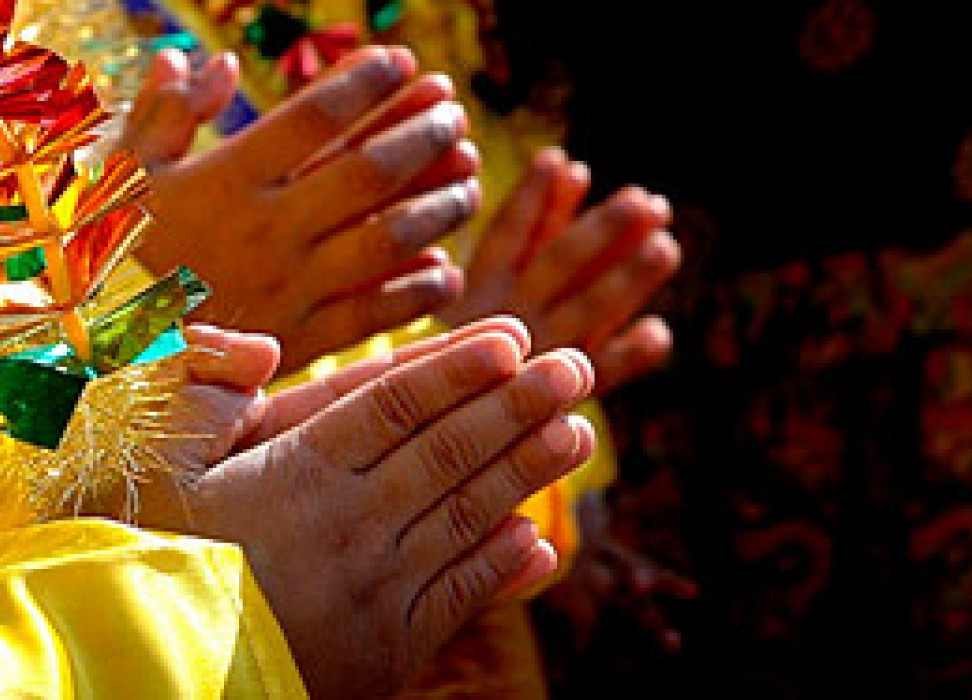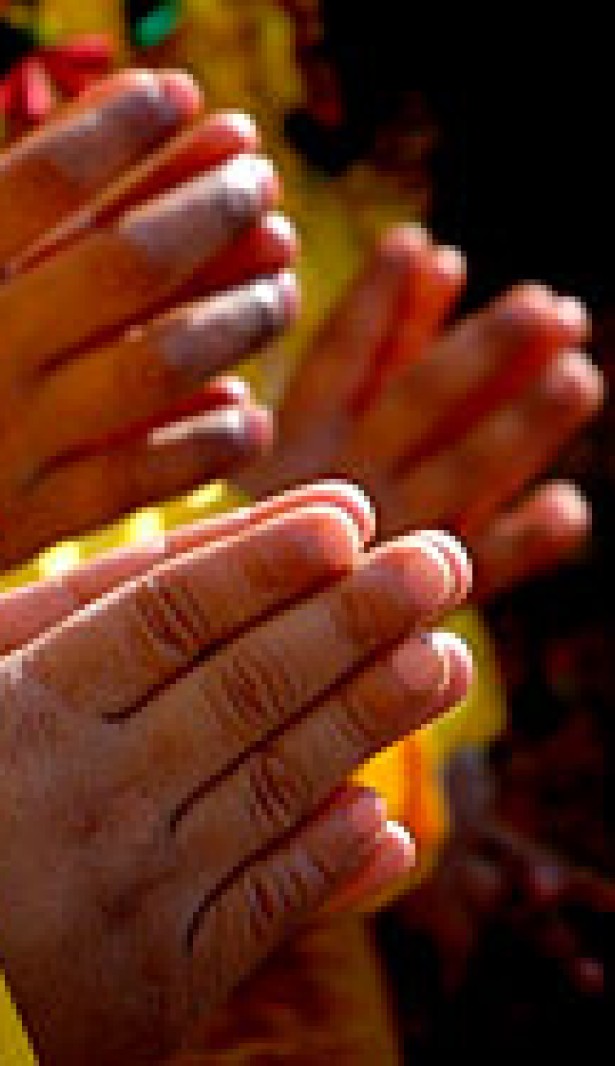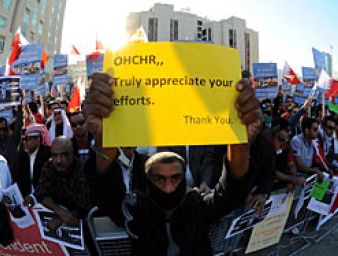The right to keep or change one’s beliefs
09 November 2012

“The right of conversion and the right not to be forced to convert or reconvert belong to the internal dimension of a person’s religious or belief-related conviction, which is unconditionally protected under international human rights law,” the Special Rapporteur on freedom of religion or belief, Heiner Bielefeldt told the UN General Assembly while presenting his report.
Bielefeldt analyses patterns of abuse committed in the name of religious or ideological truth claims, in the interest of promoting national identity, protecting societal homogeneity, or other pretexts such as maintaining political and national security.
“In some States, converts may face criminal prosecution, at times even including the death penalty, for offences such as ‘apostasy,’ ‘heresy,’ ‘blasphemy’ or ‘insult’ in respect of a religion or the country’s dominant tradition and values,” the Rapporteur says.
He notes that members of religious minorities often experience pressure to join a religion deemed more ‘acceptable’ by the majority, and that converts are frequently pressured to reconvert to their previous religion by Government agencies and non-State actors.
Bielefeldt also highlights that many States impose legal or administrative restrictions on religious outreach activities of those who try to convert others by means of non-coercive persuasion, which, he stresses, forms an inextricable part of freedom of religion or belief. Missionary communities may also face social prejudice that can lead to mob violence and killings, he adds.
“Many such restrictions are conceptualized and implemented in a flagrantly discriminatory manner, for instance, in the interest of further strengthening the position of the official or dominant religion of the country while further marginalizing the situation of minorities,” he says.
He adds that men and, more often, women also receive threats in the context of marriage or marriage negotiations to convert to the religion of their spouses or future spouses.
The expert further finds that children of converts or of members of religious minorities are targeted by repressive measures, including in public schools where children are forced to participate in religious instruction or religious prayers.
“Such repressive activities may violate the child’s freedom of religion or belief and/or the parents’ right to ensure an education for their children in conformity with their own convictions and in a manner consistent with the evolving capacities of the child.”
In his report, Bielefeld urges States to consistently respect, protect and promote the right to freedom of religion or belief in the area of conversion, and for these purposes makes a series of recommendations to be reflected in domestic legal provisions, State administrations and public institutions, as well as in the conduct of non-State actors.
Check the full report (PDF)

VIEW THIS PAGE IN:


